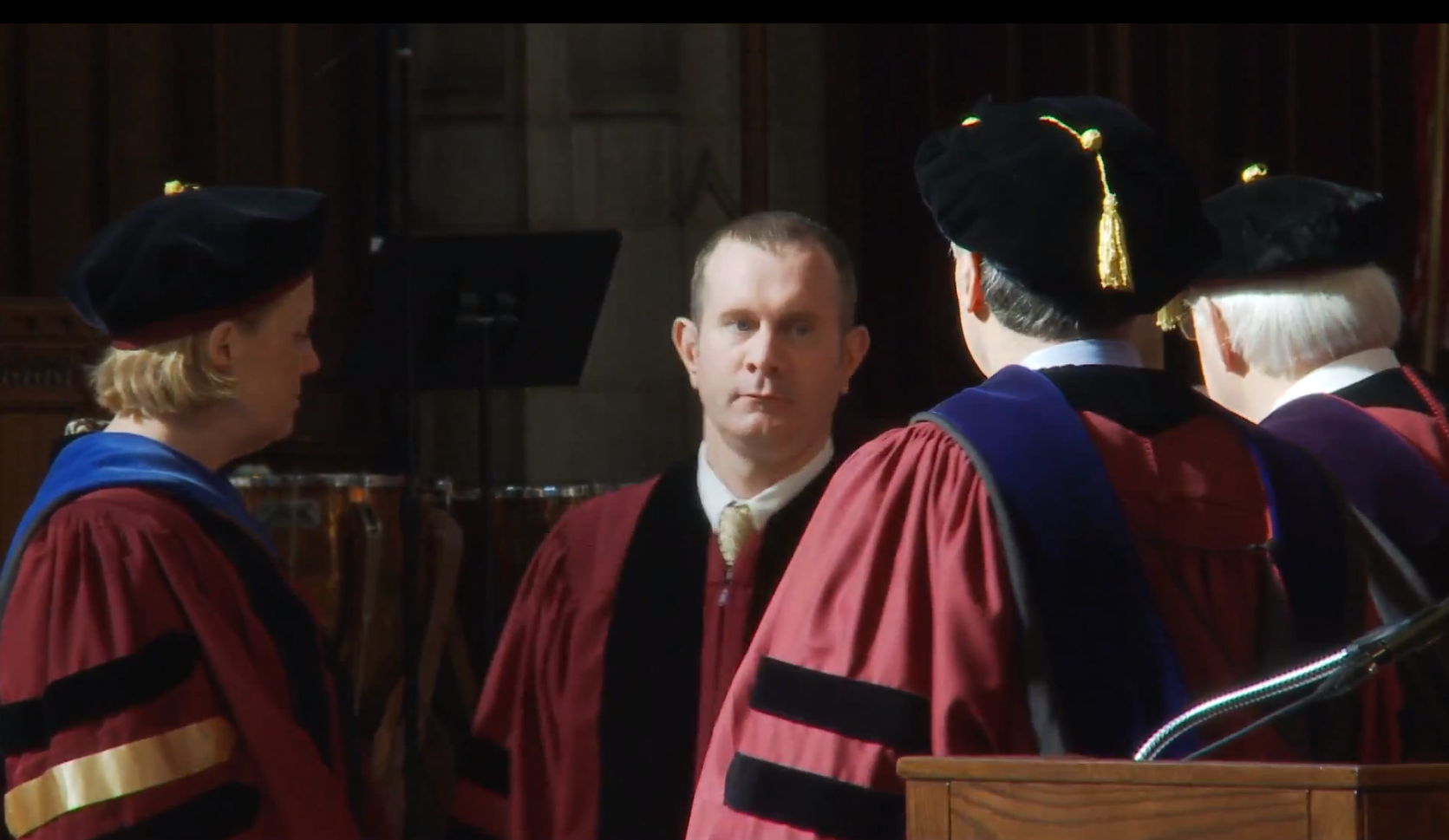University of Chicago PhD dissertation
Chris Cutrone
Adorno’s Marxism was successfully defended on November 12, 2012 and officially submitted on March 4, 2013. Chris Cutrone graduated from the University of Chicago, receiving the PhD in the Committee on the History of Culture, on March 22, 2013.
Theodor W. Adorno’s writings comprise an attempted recovery of Marx for a dialectic of 20th century social and cultural forms. Through immanent critique of modern aesthetic, philosophical, political and psychological forms of social subjectivity and its antinomies, contradictions and discontents, including those of ostensible Marxism, the thought figures of Adorno’s essays are modeled after and attempt to elaborate Marx’s self-reflexive critique of the subjectivity of the commodity form. Adorno’s critical theory considers modern aesthetic form as social form. Following Marx, Adorno’s critique of modern social forms is concerned with their potential for emancipation as well as domination: the term “culture industry,” for instance, is meant to grasp comprehensively the context for the critical social object and form of aesthetic subjectivity in common for practices of both “hermetic” art and “popular” culture, and is meant to characterize the condition and possibility for critical subjectivity itself, including Adorno’s own. In Adorno’s essays, objects of cultural criticism become “prismatic,” illuminating the formation of subjectivity and providing moments for critical reflection and recognition. However, Adorno’s works faced and sought to provoke recognition of the possibility and reality of social regression as well as regression in thinking. Coming after the collapse of 2nd International Social Democracy in 1914 and the failure of world revolution 1917-19, and inspired by Georg Lukács and Karl Korsch’s thought from this period, Adorno developed a critique of 20th Century society that sustained awareness of the problematic of Lenin, Luxemburg and Trotsky’s Marxism. The coincidence of the later reception of Adorno’s works with the emergence of social discontents, oppositions and transformations of the 1960s New Left and its aftermath, however, obscured Adorno’s thought during two decades of “postmodernism,” whose exhaustion opens possibilities for reconstruction of and development upon the coherence of Adorno’s dialectic, as expression of the extended tasks and project of Marxism bequeathed by history to the present. [PDF March 2013]
